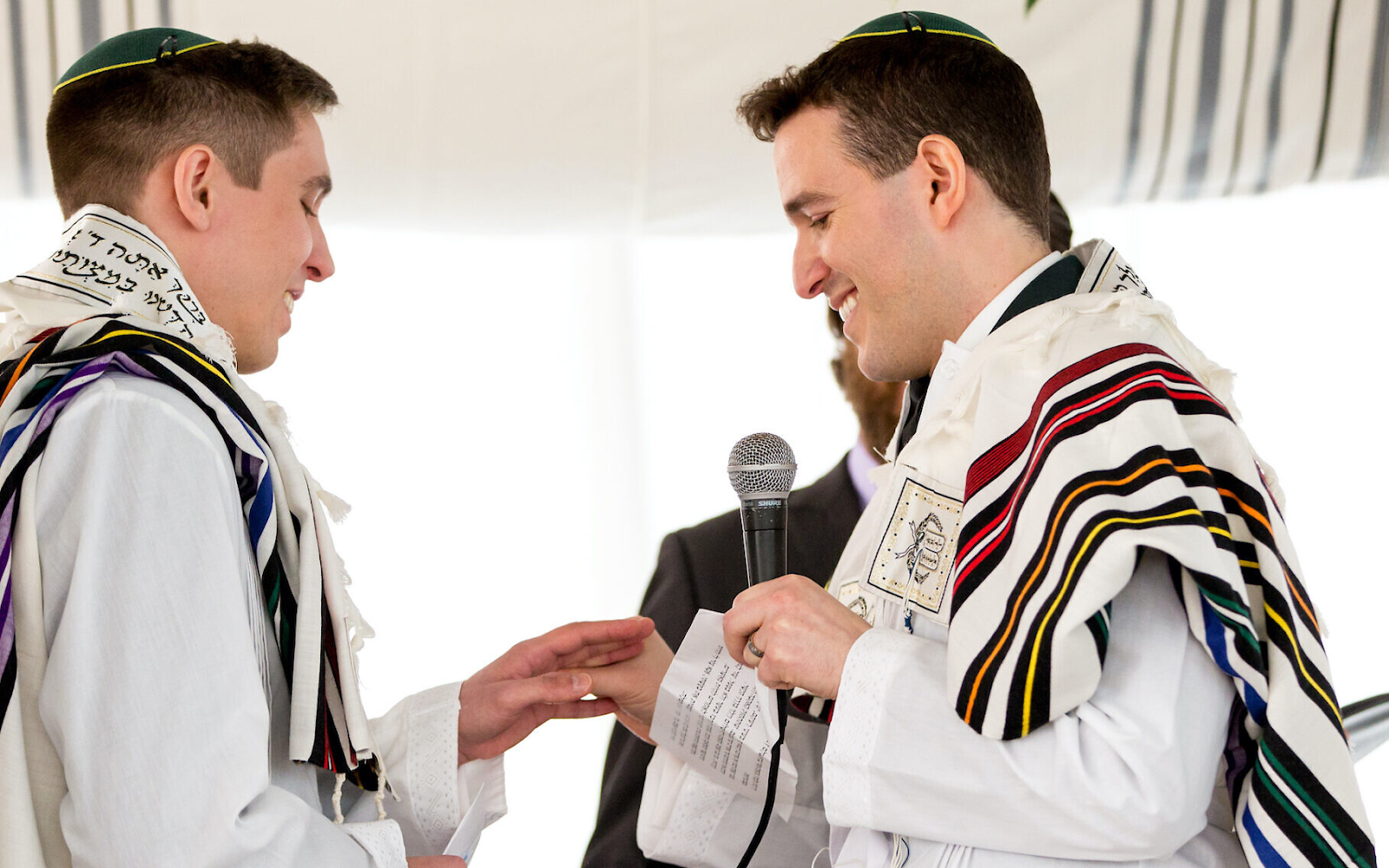By ChatGPT, 'Guest Contributor'
The following post was written in seconds by an Artificial Intelligence program called ChatGPT. I present it here in its entirety without having altered a single word. As always the views expressed do not necessarily reflect my own. But they sure seem to. It follows in its entirety (Scary!):
The relationship between Orthodox Judaism and LGBTQ rights has been an ongoing topic of discussion and introspection within religious circles. Orthodox Jews face the challenge of maintaining their deeply rooted traditions while navigating the evolving societal understanding of human sexuality and gender identity. In this opinion piece, we will explore the complexities surrounding this relationship, highlighting the importance of upholding tradition and moral principles.
Orthodox Judaism places a strong emphasis on the adherence to Halakha, the Jewish religious law. It is this commitment to Halakha that serves as the foundation of Orthodox Jewish life. Within this framework, Orthodox teachings traditionally view same-sex relationships as incompatible with Halakha, reflecting the timeless values and moral principles that guide the community.
For LGBTQ individuals within the Orthodox community, reconciling their sexual orientation or gender identity with religious teachings can be a deeply personal and challenging process. The Orthodox Jewish approach, rooted in the belief that Halakha represents the divine will, often necessitates a delicate balance between religious devotion and personal identity.
Despite the inherent tensions, it is important to appreciate the commitment of Orthodox Jews to their religious principles and the moral framework they uphold. Their adherence to tradition is not borne out of bigotry or prejudice, but rather from a sincere desire to live in accordance with what they believe to be the will of God.
While Orthodox Judaism may be perceived as conservative on LGBTQ issues, it is vital to recognize that the community has not turned a blind eye to the struggles faced by LGBTQ individuals within its midst. Many Orthodox rabbis and scholars have engaged in thoughtful and compassionate conversations, seeking to provide support and guidance while staying true to the tenets of Halakha.
Efforts have been made within the Orthodox community to foster understanding and inclusion without compromising deeply held beliefs. Organizations have emerged to create safe spaces, facilitate respectful dialogue, and offer resources to LGBTQ individuals and their families, allowing them to navigate their personal journeys within the bounds of Orthodoxy.
The principles of Emes Ve-Emunah, truth and faith, remain central to these discussions. Orthodox Jews grapple with sincere explorations of Halakha, acknowledging the complexities surrounding LGBTQ issues while remaining grounded in their commitment to tradition. By engaging in respectful dialogue and deepening their understanding, Orthodox Jews demonstrate their unwavering dedication to upholding the teachings and values that have guided them throughout generations.
The relationship between Orthodox Judaism and LGBTQ rights is undoubtedly intricate and multifaceted. It requires navigating a delicate balance between upholding tradition and embracing the evolving realities of human experiences. Orthodox Jews strive to maintain their fidelity to Halakha while recognizing the challenges faced by LGBTQ individuals and their families.
As we reflect on this ongoing discourse, it is essential to approach it with respect and empathy, acknowledging the deeply held beliefs and moral principles that guide the Orthodox community. By fostering an environment of understanding and compassion, Orthodox Judaism can continue to evolve and navigate this complex landscape, while remaining true to the rich tapestry of tradition that has sustained the community for centuries.
In upholding tradition and moral principles, Orthodox Judaism seeks to preserve its values while engaging in thoughtful and compassionate discussions on LGBTQ issues. By doing so, the Orthodox community aims to create an environment where all individuals are respected and valued, fostering a vibrant and inclusive community that remains steadfast in its commitment to tradition.



